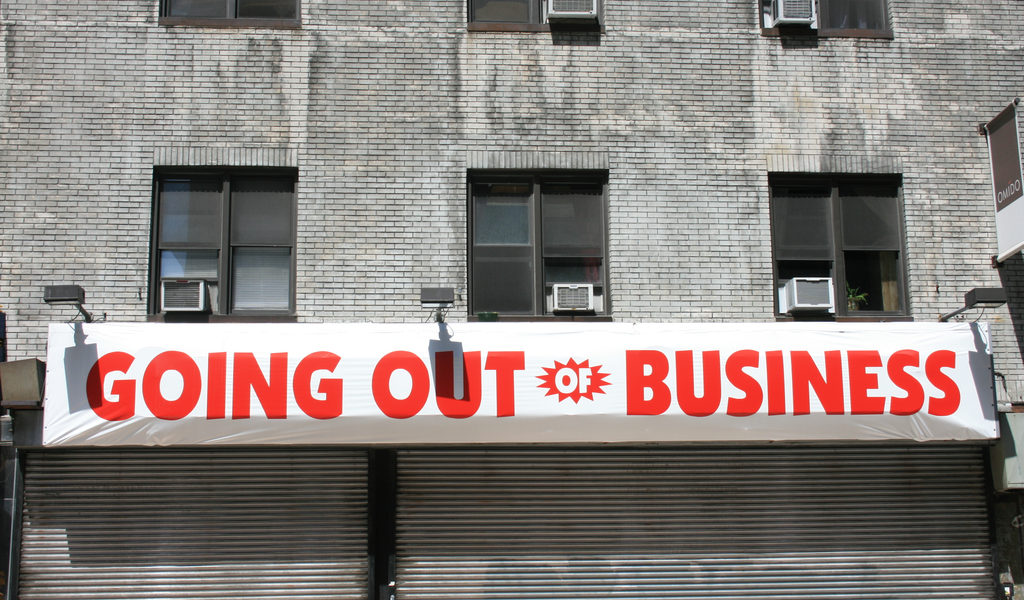Unemployment benefits are something we’ve all heard about, and a lot of us have even become quite familiar with it over the past couple of years when a global pandemic left a lot of us suddenly jobless and struggling to make ends meet.
But what if you weren’t working for another company? What if you had a small business that went under or isn’t doing too well and you’re down on your luck when it comes to unemployment?

In the past, a small business was only eligible for unemployment benefits if it paid you a regular salary and you paid unemployment taxes on your salary. However, as with everything else, COVID has changed the rules. As a result, new policies have been implemented to provide relief to self-employed individuals who lost their income with unemployment compensation. One such policy is the CARES Act.
What is the CARES Act?
The CARES Act, short for Coronavirus Aid, Relief, and Economic Security Act, was passed by federal lawmakers in an attempt to significantly widen the scope of unemployment assistance. Sole proprietors, independent contractors, and gig workers – all of whom would not qualify for unemployment benefits, can now apply for them under the Pandemic Unemployment Assistance provision.
The CARES Act applies to small business owners the same way that it applies to all other individuals. To qualify, you should have a loss of income directly related to COVID-19 impacts, whether it be loss of work due to infection or business closure due to lack of income. You can apply for benefits with your state, although certain states require you to have applied for regular unemployment benefits and be rejected before applying for pandemic unemployment assistance.
The CARES Act also extends unemployment benefits for a further 13 weeks to make 39 weeks the maximum time period for benefits. It also stipulates an additional $600 per week in compensation.
How Unemployment Benefits Usually Work
Each state has a different set of laws and regulations regarding unemployment benefits. But ultimately, if you have lost a salaried job, you would be eligible for them. As such, if you are a small business owner who took out a salary from your business every month and paid taxes upon it, then you could apply for unemployment benefits as usual.
However, more often than not, small business owners tend not to take out salaries as they tend to cover living expenses from the business’s profits to ensure they don’t take out any more than necessary, so as to not take money away from the business.
Since profits are not the same as a salary, and you would not be contributing to your state’s unemployment insurance fund, you would not be eligible for regular unemployment benefits. Certain LLC companies tend to pay their shareholders regular salaries, and such individuals can apply for unemployment benefits if the business ends up shutting down.
Other Requirements to Get Unemployment Benefits
There are several requirements, depending on the state you live in, which would be crucial in gaining assistance.
Unemployment taxes aren’t the only requirement for small business owners to seek unemployment benefits. Just like out-of-work employees, entrepreneurs who have lost their businesses must also meet the same criteria to qualify. For instance, they must be ready and willing to work and unable to find comparable employment.
Certain states also strictly prohibit collecting unemployment benefits if you have fired yourself. This may make it difficult to prove that you aren’t able to find another job even if you have closed down the business. That’s why it’s important to consult an experienced employment law attorney before making any quick decision.
Other Relief Aid Available to Small Businesses
Before you close shop on your business that’s not doing too well hoping to rely on unemployment benefits, carefully consider your options to see if it is worth it.
If your business has been facing a downturn, there may be other ways to revive it before you decide to call it quits. Several states provide financial assistance, especially through pandemic relief funds, that your business may be eligible for. You can also check with the US Small Business Administration for further assistance and aid.
For instance, in California, businesses and nonprofits with 750 employees or less are eligible for a COVID-19 Disaster Relief Loan Guarantee up to $1 million! The state also provides several other financial assistance programs such as the California Microbusiness COVID-19 Relief Grant Program, the California Dream Fund, the California Nonprofit Performing Arts Grants Program, and more.
The US Treasury Department also pitches in to help the small businesses stay afloat by facilitating plans such as the Small Business Tax Credit Program, Emergency Capital Investment Program, and the Paycheck Protection Program.



